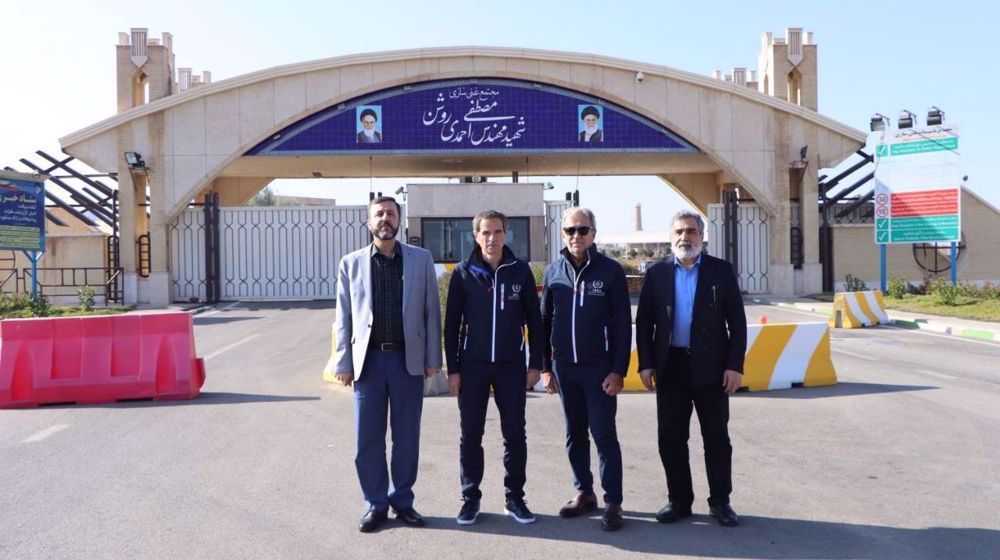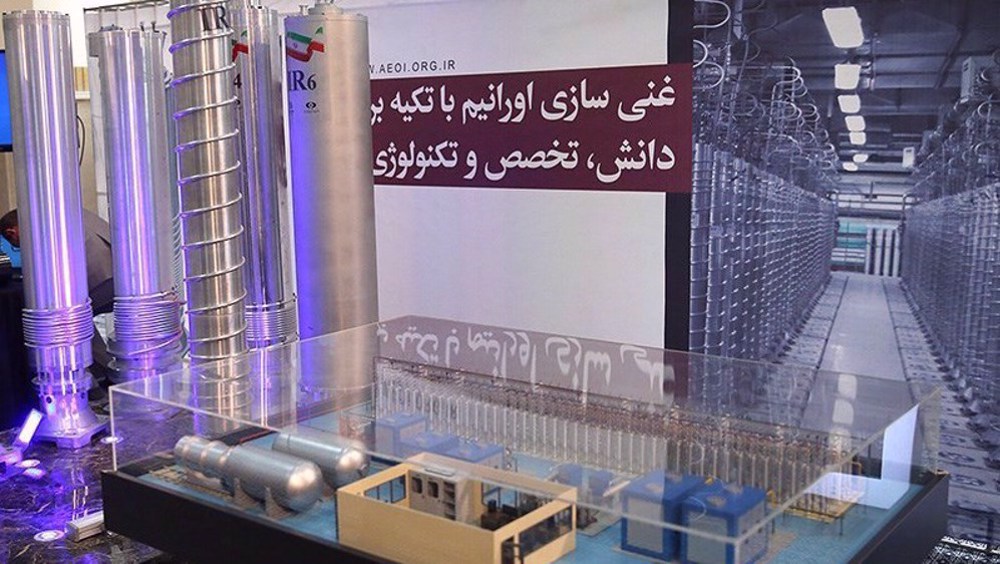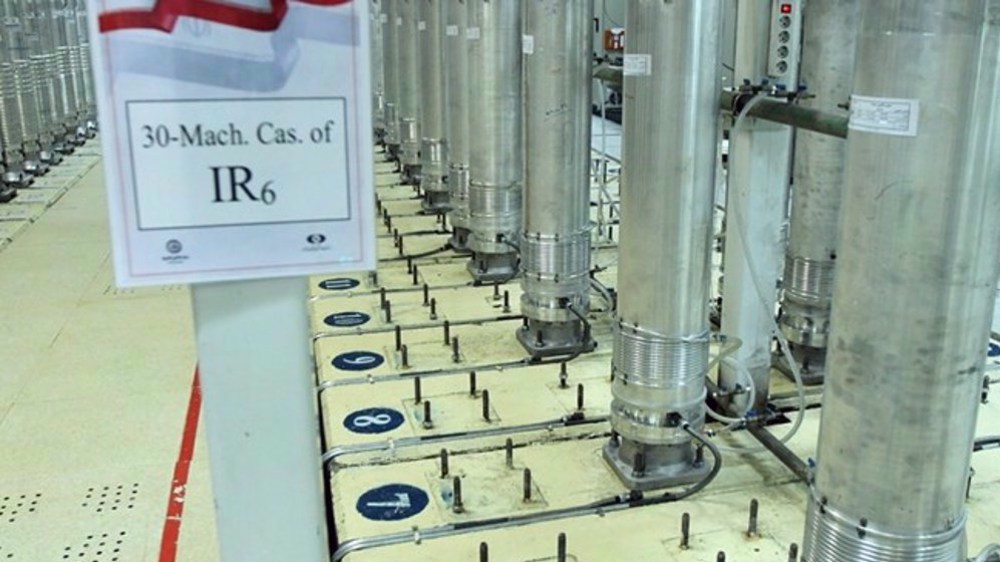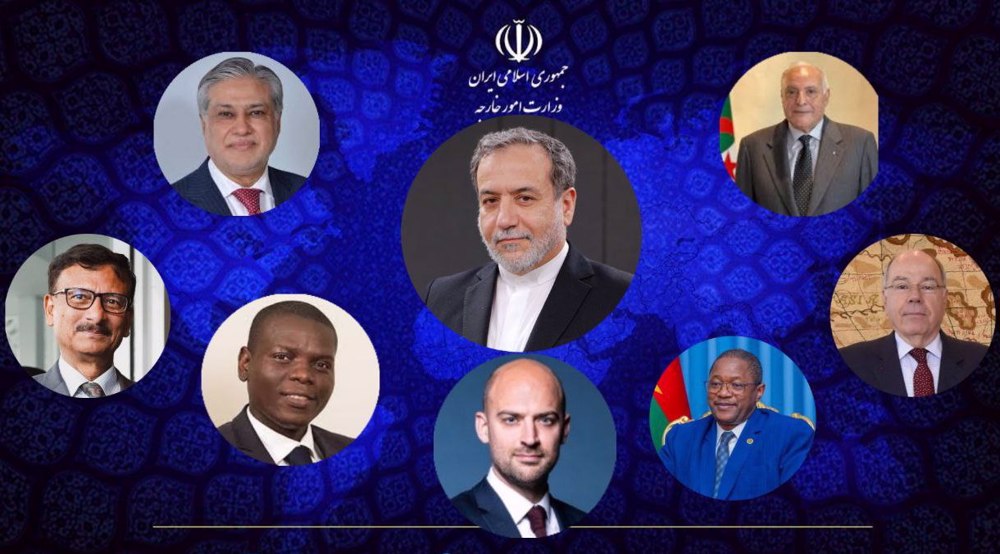IAEA chief tours two key Iranian nuclear facilities
Director General of the International Atomic Energy Agency (IAEA) Rafael Grossi has toured Iran’s key nuclear sites of Fordow and Natanz.
During his visit on Friday, Grossi was accompanied by Behrouz Kamalvandi, Deputy Chairman of the Atomic Energy Organization of Iran (AEOI) for International, Legal and Parliamentary Affairs, and Kazem Gharibabadi, Iran’s Deputy Foreign Minister for Legal and International Affairs.
Heading a delegation, Grossi arrived in Tehran Wednesday night to continue interactions between Iran and the IAEA. The trip was in line with the joint statement issued during Grossi’s visit to Tehran on March 4, 2023.
In their joint statement, Tehran and the UN nuclear agency recognized that bilateral positive engagements can pave the way for wider agreements among state parties.
They also agreed that bilateral interactions will be carried out in a spirit of collaboration, and in full conformity with the competencies of the IAEA and the rights and obligations of Iran based on the comprehensive safeguards agreement.
On Thursday, Grossi held separate meetings with Iranian Foreign Minister Abbas Araghchi, the AEOI head Mohammad Eslami and President Masoud Pezeshkian. He also took part in a joint press conference with Eslami.
“Tomorrow will be a very important step in my visit this time, since I am going to be visiting important facilities in Fordo and Natanz, which are also going to help me in having a full picture of the evolution of the program,” Grossi said alongside the Iranian foreign minister.
In a post on his X account following his “important and straightforward” talks with Grossi, Araghchi said, "The ball is in the EU/E3 court."
"Willing to negotiate based on our national interest & our inalienable rights, but NOT ready to negotiate under pressure and intimidation,” the top Iranian diplomat wrote.
Iran’s top nuclear chief later warned of an "immediate response" to any resolution by the UN nuclear agency against the country's peaceful atomic program.
"Any resolution against Iran's nuclear program will be met with Iran's immediate response," Eslami said, emphasizing that the Islamic Republic, undeterred by pressure, will advance its nuclear activities within the framework of its national interests.
In 2015, Iran proved the peaceful nature of its nuclear program to the world by signing the multilateral nuclear agreement, formally known as the Joint Comprehensive Plan of Action (JCPOA) -- with six world powers.
However, Washington’s unilateral withdrawal in 2018 and its subsequent re-imposition of sanctions against Tehran left the future of the deal in limbo.
In 2019, Iran started to roll back the limits it had accepted under the JCPOA after the other parties failed to live up to their commitments.
Press TV’s website can also be accessed at the following alternate addresses:








 This makes it easy to access the Press TV website
This makes it easy to access the Press TV website